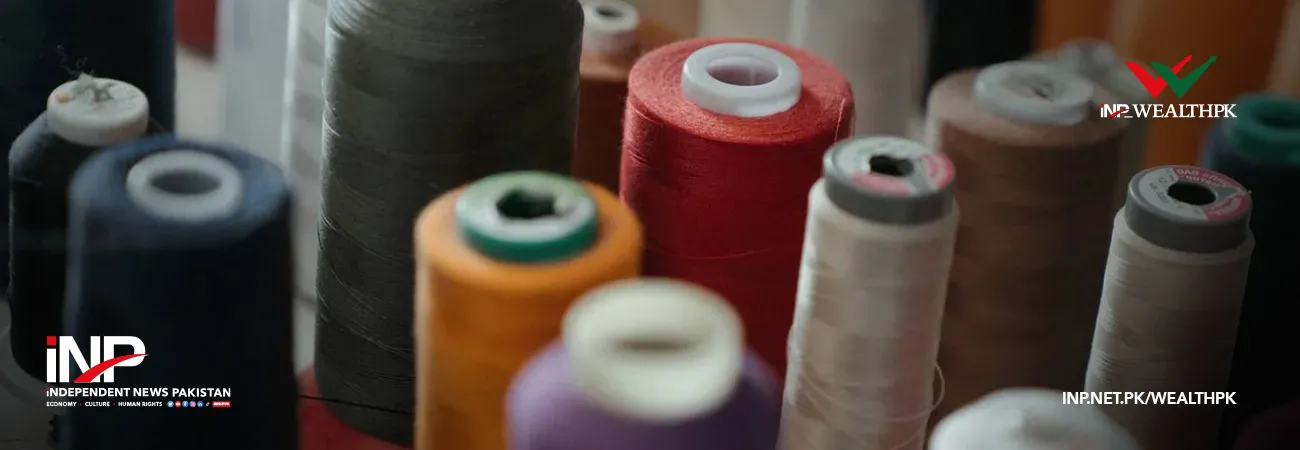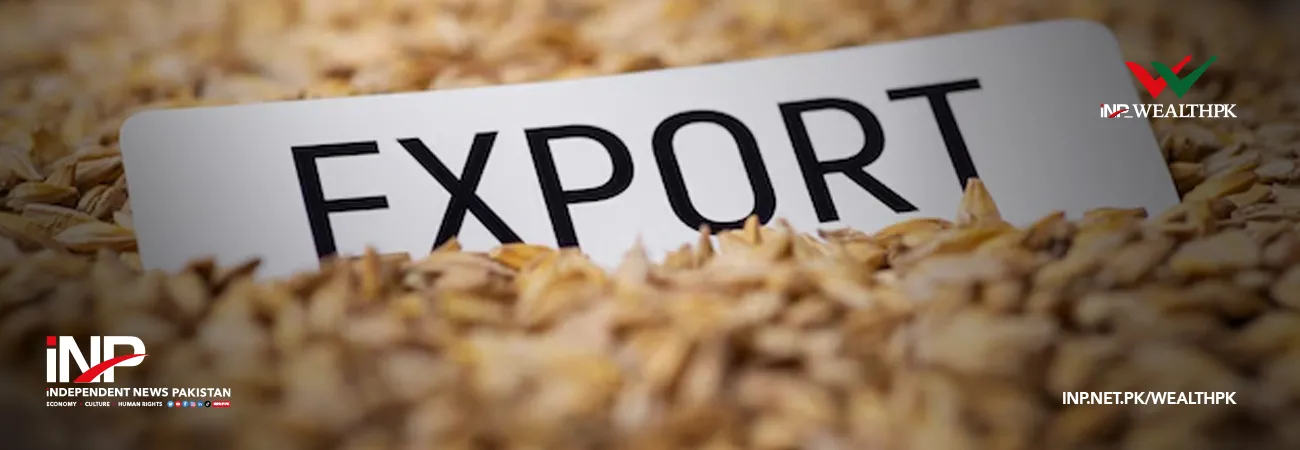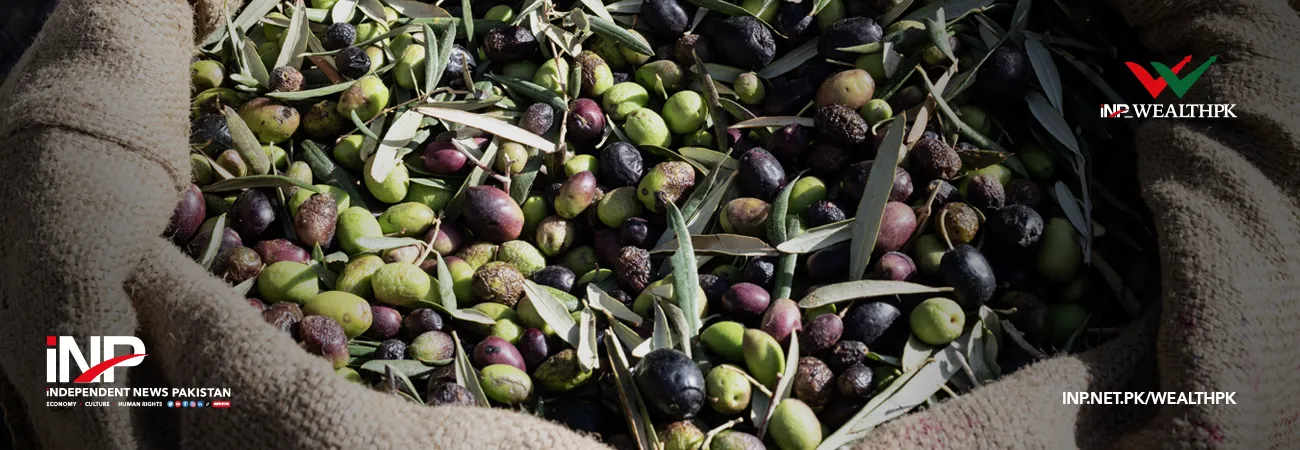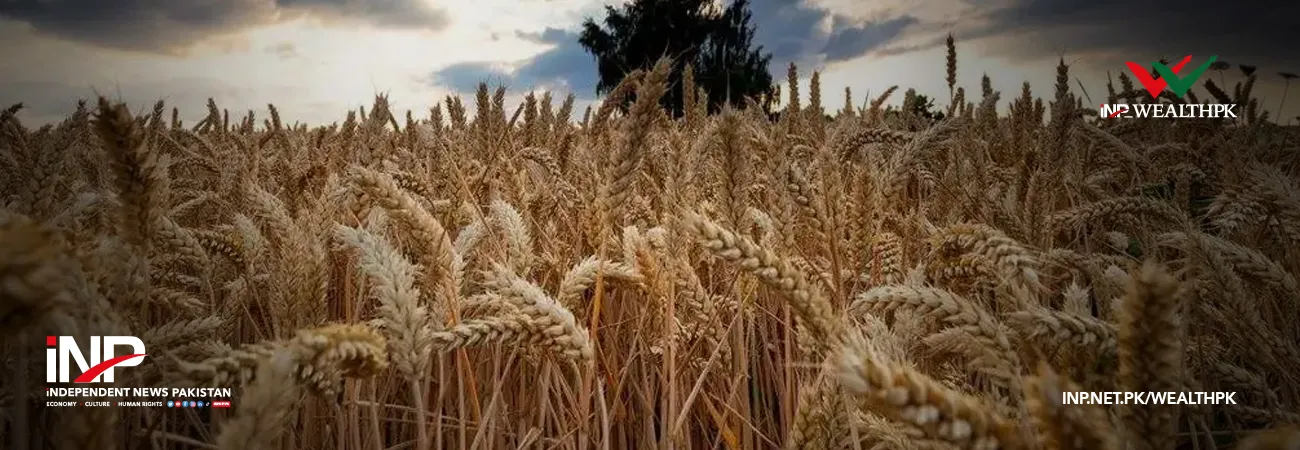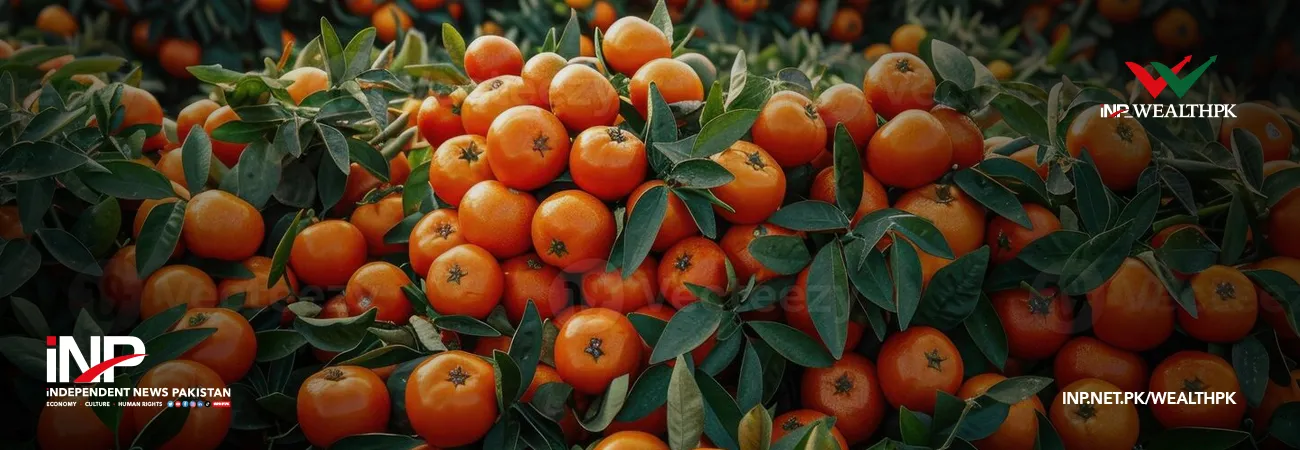INP-WealthPk
Shams ul Nisa
Despite a decline in cotton production Gadoon Textile Mills Limited (GTML) demonstrated strong performance during the first quarter of the ongoing fiscal year 2024-25. The Pakistan Cotton Ginners Association (PCGA) reported a drastic 48% decline in cotton production as of October 18, 2024 compared to the same period of the previous year, reports WealthPK.
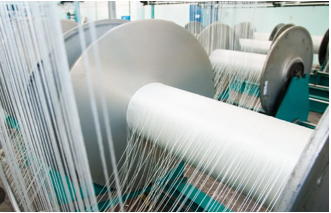
During the period, ginning factories received just 3.1 million bales of seed cotton, a sharp decline from 5.99 million bales in the corresponding period of the previous year. This shortfall is expected to push local cotton prices higher, placing additional strain on the economy and increasing the need for imports to meet the demand. GTML reported revenues of Rs18.18 billion, posting an uptick from Rs17.59 billion in 1QFY24, highlighting the company’s resilience despite challenges such as rising conversion costs driven by higher power expenses and increased yarn imports impacting local market prices.
Additionally, the firm reported a remarkable 34.62% surge in net profit, reaching Rs583.92 million compared to Rs433.75 million in 1QFY24, showcasing the company's ability to navigate external pressures while maintaining profitability. This was due to economic recovery thanks to IMF’s Extended Fund Facility, which led to critical monetary and fiscal reforms. These reforms brought stability to the economy, reduced inflation, narrowed down the current account deficit, and ensured stronger foreign exchange reserves.
During this period, imports increased by 10.58% to $13.397 billion, while exports saw a notable rise of 14.61% to $7.909 billion. Additionally, remittances experienced a remarkable growth of 38.76%, reaching $8.78 billion, significantly improving the current account and reinforcing foreign exchange reserves. Amid easing inflation, the State Bank of Pakistan (SBP) reduced interest rates by 300 basis points, from 20.5% to 17.5%, during the period. This resulted in alleviation in financial burdens on businesses, enabling them to further improve their operational sustainability, and strengthen market confidence.
Furthermore, the lower borrowing costs fostered a more supportive environment for industrial activity and economic growth, boosting overall business sentiment. GTML’s segmental performance highlighted stable sales in the spinning division, though yarn exports faced challenges from elevated production costs, reducing international market competitiveness. In contrast, the knitted bedding segment achieved remarkable growth of 100%, significantly boosting net margins across both segments. Additionally, the company managed to maintain gross margins through efficient inventory procurement and operational improvements.
Distribution costs increased mainly due to higher export volumes, while administrative expenses rose by 8.15% due to inflation. The company reported a significant 22.09% decrease in finance costs, which fell to Rs717.84 million from Rs921.38 million. This reduction was driven by lower policy rates, improved working capital management, and a strategic blend of local and foreign currency financing. Beyond financial performance, the company is committed to Corporate Social Responsibility, actively engaging in initiatives that benefit communities and promote sustainability.
Recently, it organised a tree plantation drive in collaboration with group companies, where employees participated in planting trees on factory premises, contributing to environmental sustainability and biodiversity efforts. Looking ahead, the spinning industry will face persistent hurdles, including high energy costs, yarn import challenges, and shifts in tax regimes. However, GTML remains committed to cost efficiency, optimal capacity utilisation and sales mix adjustment to align with market trends. The company is well-positioned for sustained growth with a focus on strategic initiatives and operational excellence.
Credit: INP-WealthPk



